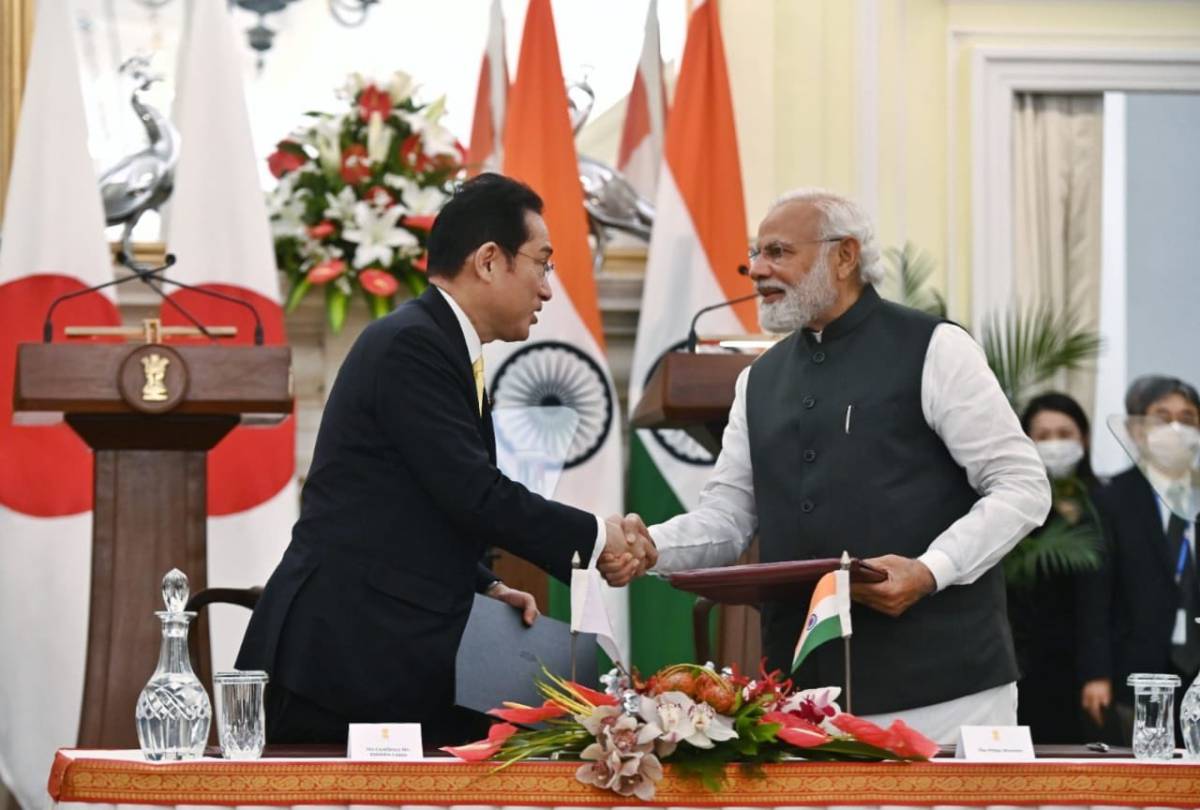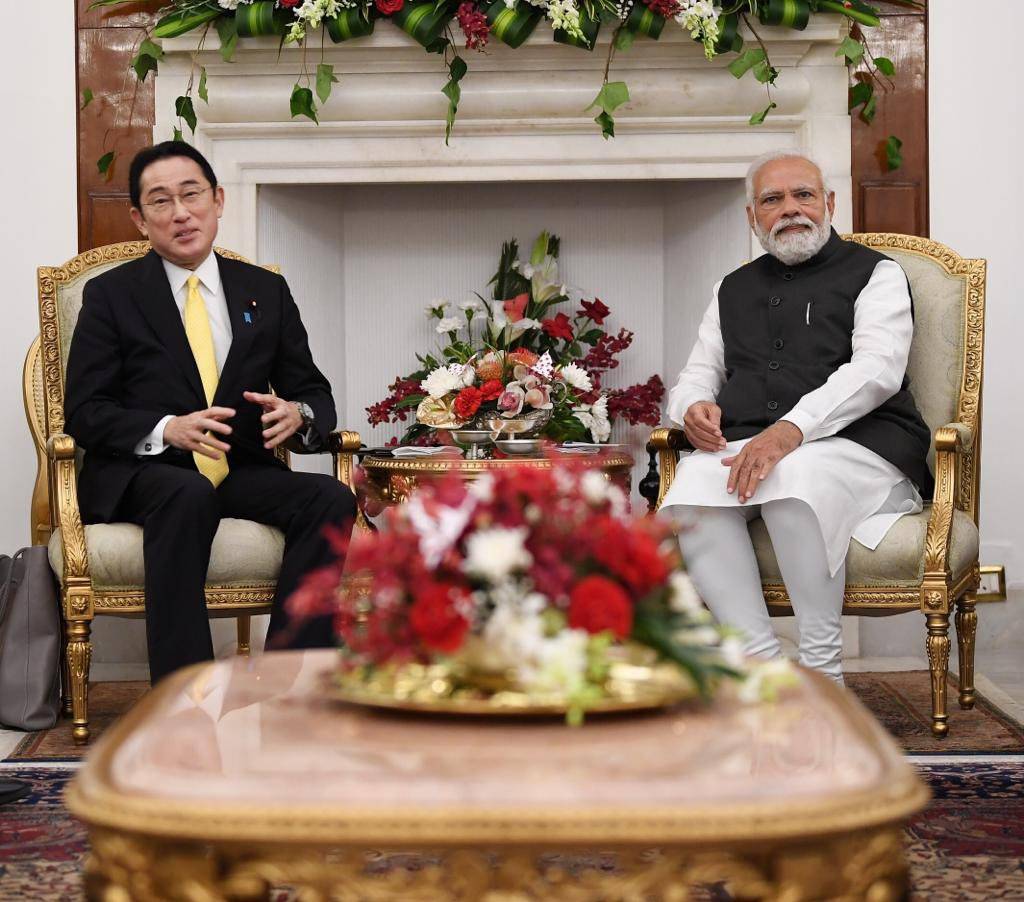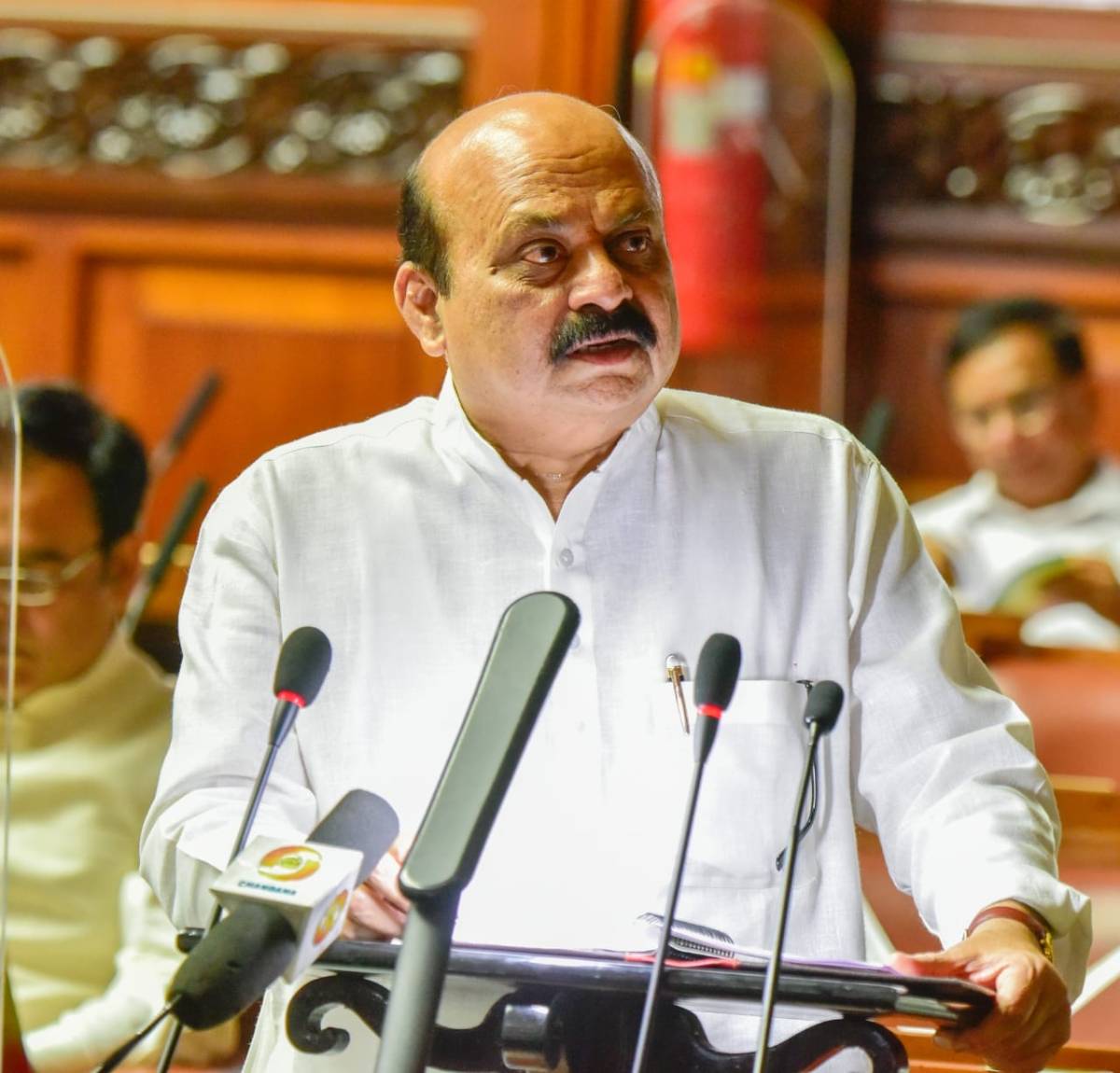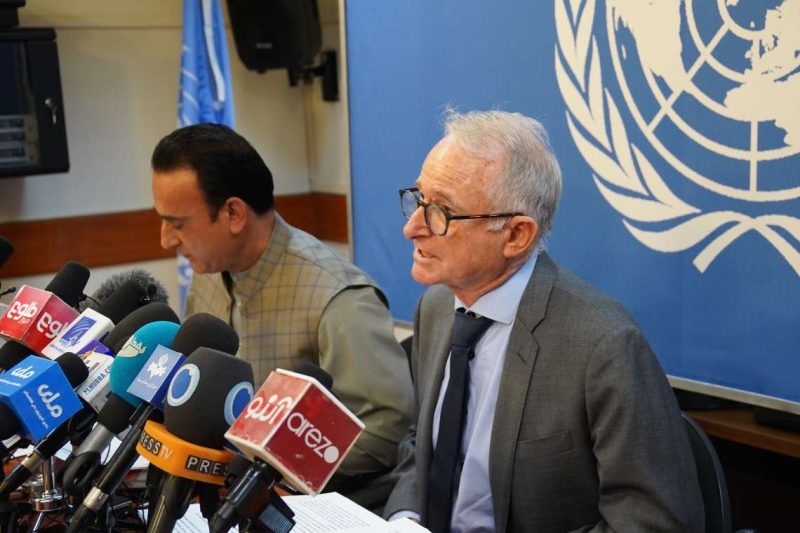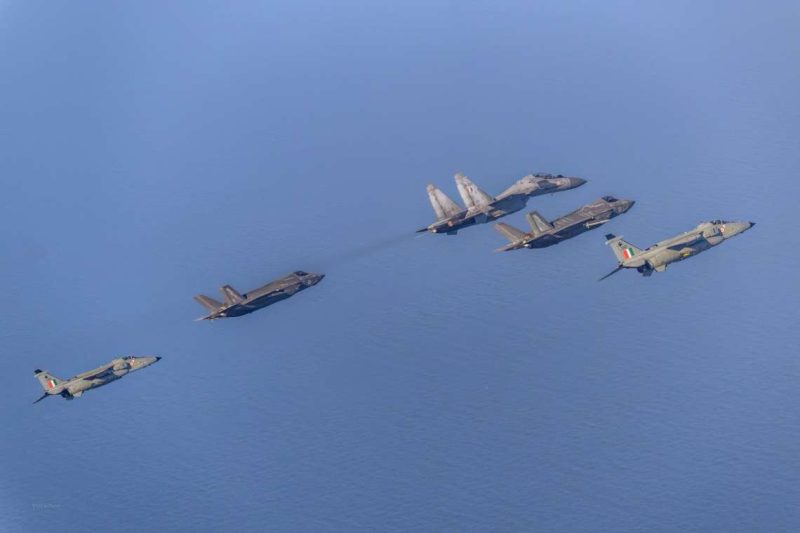Kishida arrived in Delhi on a two-day visit to take part in the 14th India-Japan Annual Summit on Saturday…reports Asian Lite News
Indian Prime Minister Narendra Modi and Japanese Prime Minister Fumio Kishida discussed the ongoing war between Russia and Ukraine war, and talked about peace in the Indo-Pacific region.
Kishida in a statement said Modi discussed the situation in Ukraine.
“Russia’s attack on Ukraine is a serious issue which has shaken the international world order,” Kishida said.
However, Modi has not made any comment over the ongoing Russia and Ukraine war which has reached 24th day.
The Japanese Prime Minister further stated that the world has been shaken today due to many disturbances, and it is very important for India and Japan to have a close partnership.
“We expressed our views, talked about the serious invasion of Russia into Ukraine. We need a peaceful solution on the basis of international law,” the Japanese PM said.
He further stated that India and Japan should increase efforts for an open and free Indo-Pacific region.
“Japan, along with India, will keep trying to end the war and keep providing support to Ukraine and its neighbouring countries,” he said.
Kishida arrived in Delhi on a two-day visit to take part in the 14th India-Japan Annual Summit on Saturday.
A joint statement of both countries stated: “The Prime Ministers recognised that the Summit was taking place at a significant time as the two countries were celebrating the 70th anniversary of establishment of diplomatic relations and India was celebrating the 75th anniversary of its independence. They reviewed the developments since the last Annual Summit and discussed wide ranging areas of cooperation.”
Re-affirming the Special Strategic and Global Partnership between India and Japan, the Prime Ministers concurred that the shared values and principles enunciated in the India-Japan Vision Statement issued in 2018 are particularly relevant in the present context, where global cooperation is required more than ever to address challenges that have become more acute.
They highlighted their commitment to working in tandem towards a peaceful, stable and prosperous world, based on a rules-based order that respects sovereignty and territorial integrity of nations, and emphasized the need for all countries to seek peaceful resolution of disputes in accordance with international law without resorting to threat or use of force or any attempt to unilaterally change status quo.
In this regard, they reaffirmed their common vision for a free and open Indo-Pacific, free from coercion.
They shared the view that the economies of both countries in such a world would be powered by robust bilateral investment and trade flows through diversified, resilient, transparent, open, secure and predictable global supply chains that provide for economic security and prosperity of their peoples.
Reaffirming that the two countries would continue to work together to realise these shared objectives, they resolved to further advance the India-Japan Special Strategic and Global Partnership.
ALSO READ-Israeli PM to visit India on April 2


